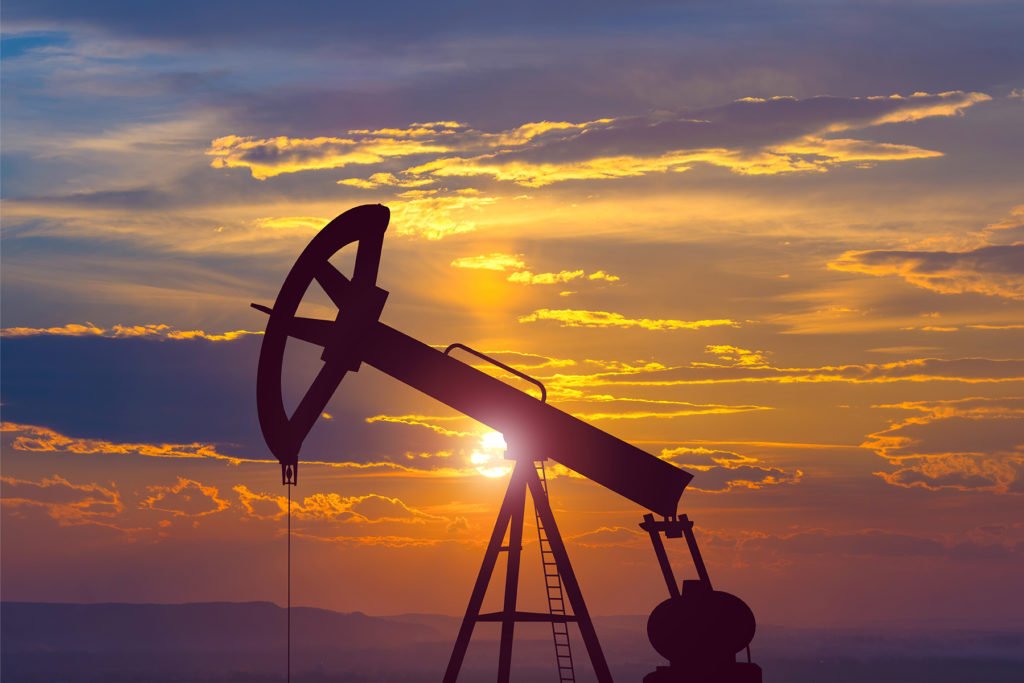Early in his administration, President Biden introduced a new government-wide climate policy, which ended new oil and gas leasing on federal onshore lands and offshore waters and canceled the cross-border permit of the 1,200 mile Keystone XL Pipeline. Texas is responsible for much of the country’s oil production and refinery, and North Texas is home to many of the largest companies in the space. So what could the new policies spell for the local economy?
This week, the sponsor of the Keystone pipeline, which was set to transport crude oil from oil sand fields in western Canada to Steele City, Nebraska, ended the project when Canadian officials couldn’t persuade Biden to reverse his cancellation. During the Trump administration, pipeline construction started that would have moved 830,000 barrels of crude each day, helping the oil travel from Canada to oil refineries on the Gulf Coast, many of which are in Texas.
Biden was against the project because of concerns about climate change connected to the burning of oil sands crude. Still, the State Department said in a 2014 study that the Keystone XL pipeline would not impact greenhouse gas emissions because the oil would be extracted at the same rate with or without the pipeline. And transporting the oil by rail rather than pipeline may actually increase greenhouse gas emissions.
Additionally, the National Wildlife Federation says that the endangered Whooping Crane could fly into power lines associated with the pipeline. The pipeline would cut through much of the remaining habitats of the swift fox. The pipeline would be built through the habitat of nine endangered species, and the risk of a spill is also an issue for these habitats.
But what do these changes mean for Texas? Federal land accounts for 24 percent of oil production, much of which is off Texas’ gulf coast. Existing contracts and wells will not be impacted, so there won’t be drastic changes. Most oil drilling on land in Texas is privately held, so the new policy won’t knock Texas drilling off course. But the refineries are a different story.
With the denial of the permit of the Keystone pipeline, there were doubts about the controversial Dakota Access Pipeline, which Dallas-based Energy Transfer partially owns. The pipeline is undergoing an environmental review, but both the Biden administration and the Army Corps of Engineers did not want to shut down the pipeline while the review is being conducted. The pipeline has been the subject of protests for years, and the Standing Rock Sioux says the project endangers the Missouri River, an important water source for the tribe. Right now, things appear to be stable for Energy Transfer and the DAP, but the environmental review could change things.
While no current drilling is being impacted, the end of new drilling could impact Texas refineries and producers moving forward. “These policies have consequences because it makes us dependent on other sources of energy,” says Todd Staples, President of the Texas Oil and Gas Association. “If there’s one thing this recent storm of 2021 has shown us, it shows us that oil and gas is the most dependable energy supply we can have, and we need more infrastructure and redundancy to meet the needs of a growing state.”
There isn’t much federal drilling here in Texas. Still, Texas and Dallas-based companies drill for oil all over the country, and the end of new federal leases could endanger future employment in the industry. Offshore production is more likely to be impacted as well. Staples says that if the federal land ban continues, Texas is set to lose 120,000 jobs and $65 million in revenue by 2022.
The end of the Keystone pipeline is also troubling for the oil gas industry. “When you restrict pipelines and infrastructure coming in and impacts our refineries, it impacts our ability to export these products from the Texas Gulf Coast, which is geared up and designed to handle these exports,” Staples says. “Pipeline jobs are ranked among some of the top 10 jobs in the industry in Texas. Canceling these projects and putting them on hold threatens our jobs and our overall infrastructure capacity.”
Another hurdle for the industry is Senate Bill 3, signed this week by Gov. Abbott, adding responsibilities to energy producers. The bill will require upgrades for power generators and transmission lines to make them withstand extreme weather. It will also require the Texas Railroad Commission and the Electric Reliability Council of Texas to inspect the facilities, with penalties up to $1 million.
Despite the limits of the Biden administration and the weatherization legislation with which the industry is dealing, oil and gas will still a powerful force in the Lone Star State for the foreseeable future. During the fiscal year 2020, the oil and natural gas industry created more than 400,000 direct jobs and contributed $13.9 billion in state and local taxes and state royalties. Texas accounted for 43 percent of the nation’s crude production and 26 percent of the country’s natural gas production while also refining 31 percent of the country’s capacity in 2020.
“The industry is developing solutions to meet the needs of our nation and state, and we’re a partner who is going to provide a dependable and reliable energy source which is necessary for a high quality of life,” Staples says. “We think the industry is responsible for the level of success of our state, and we want to ensure that there are not policy choices that make us more dependent on foreign sources.”





